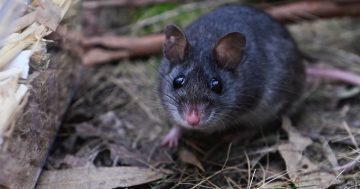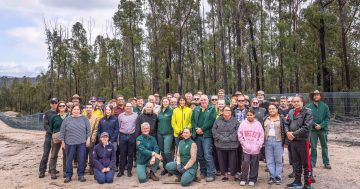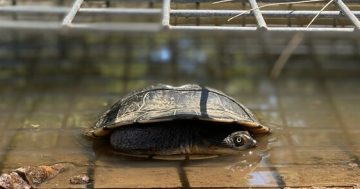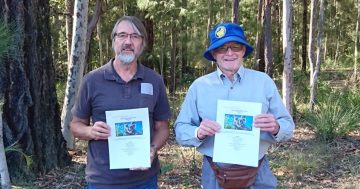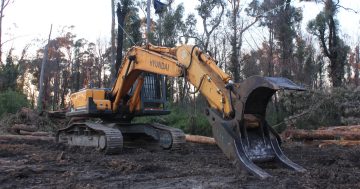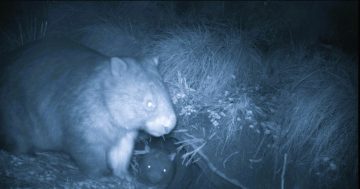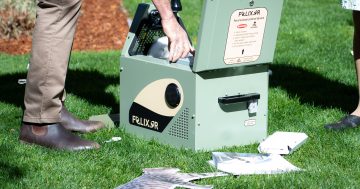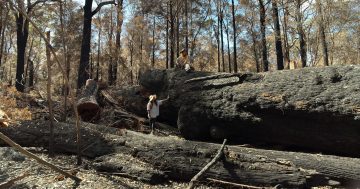 Digging through the poo of predators may not sound like a dream job but that’s exactly what ecologists with the State’s Saving our Species Program are doing to find an elusive Australian marsupial.
Digging through the poo of predators may not sound like a dream job but that’s exactly what ecologists with the State’s Saving our Species Program are doing to find an elusive Australian marsupial.
Highlighting the research, Minister for Environment, James Griffin said the scientists were searching for evidence of the critically endangered long-footed potoroo (pictured) by combing through the poo of their predators, which include cats, foxes, dingoes and quolls.
“While it’s a crap job, this new technique is also an innovative way to find out whether the long-footed potoroo is still present in the South East Forests,” Mr Griffin said.
“While we know this species inhabited forests in the State’s south-east in the early 1990’s, the long-footed potoroo has not been detected since then in NSW and we’ve never done a long-term survey to confirm whether they still exist,” he said.
“Finding long-footed potoroo DNA in predator scats would confirm the species still exists in NSW and be a huge step forward for our conservation efforts.”
Mr Griffin said that with the species on the brink of extinction and traditional survey methods failing to find the animal, there had never been a better time to think outside the box and trial this detection method.
He said the long-footed potoroo was one of several likely locally extinct species that would be reintroduced to the State’s Nungatta feral-free rewilding site in South East Forest National Park, near Bombala.
“Not to be confused with the long-nosed potoroo, which is still found in some areas of the NSW south-east, the long-footed potoroo was last recorded through hair samples in the early 1990s,” the Minister said.
Senior Threatened Species Officer at the Department of Planning and Environment, Joss Bentley has so far collected 100 scats from the South East Forest National Park.
“I can’t say picking up poo is the most glamourous thing I have done in my career, but it’s an important new technique that may help us find species that are difficult to survey,” Dr Bentley said.
“We hope to eventually collect 1,000 scat samples and have partnered with EnviroDNA in Melbourne,” she said.
“We expect the results within 12 months with the best-case scenario identifying evidence of this elusive species.
“Either way the results will still give us an excellent understanding of the animals currently living in these forests and complement our existing understanding of species distribution, which will help inform the south coast’s first rewilding project,” she said.


